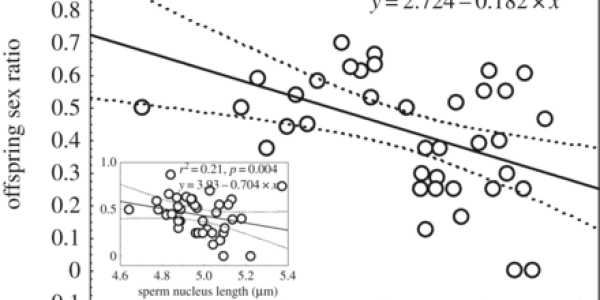Some politicians and cultural activists may claim that humans are propelled by consumerism but a new paper finds that isn't true. And that it is not true is a good thing.
If we were all driven by greed, there would be no poverty. Developing nations would embrace science and have plentiful food. But the environmental strain would be tremendous.
In the real world, the environmental strain is not tremendous. The most scientific country, the United States, has grown more food using less water and energy and chemicals than ever believed possible. That reduced inequality and increased equity without harming the environment. If the rest of the world adopted American technology, farmland now in use equivalent in size to the country of India could revert to nature with no drop in food or a higher cost. Some are inclined to achieve more but most are not.
A new survey of nearly 8000 people from 33 countries spanning six continents asked much money people wanted to achieve their ‘absolutely ideal life’. In 86% of countries most people thought they could achieve this with US $10 million or less, and in some countries as little as $1 million.
That may sound like a lot of money but since this is a person’s ideal wealth across their whole life it is actually moderate. The wealth of the world’s single richest person, $200 billion, is enough for more than 200,000 people to achieve their ‘absolutely ideal lives’.
The researchers collected responses about ideal wealth from individuals in countries across all inhabited continents, including countries rarely used in cross-cultural psychology such as Saudi Arabia, Uganda, Tunisia, Nicaragua, and Vietnam. People with unlimited wants were identified in every country, but they were always in the minority.
They found that those with unlimited wants tended to be younger and city-dwellers, who placed more value on success, power, and independence. Unlimited wants were also more common in countries with greater acceptance of inequality and in countries that are more collectivistic: focused more on group than individual responsibilities and outcomes.
For example, Indonesia, which is considered more collectivistic and accepting of inequality, had the most people with unlimited wants whilst the more individualistic and equality-concerned UK had fewer. However, there were anomalies like China, where few people had unlimited wants despite high cultural collectivism and acceptance of inequality.
We need exceptional people, the US leads the world in science output and adult science literacy and technology because many want to compete, but it is just fine that most just want to live their lives.



